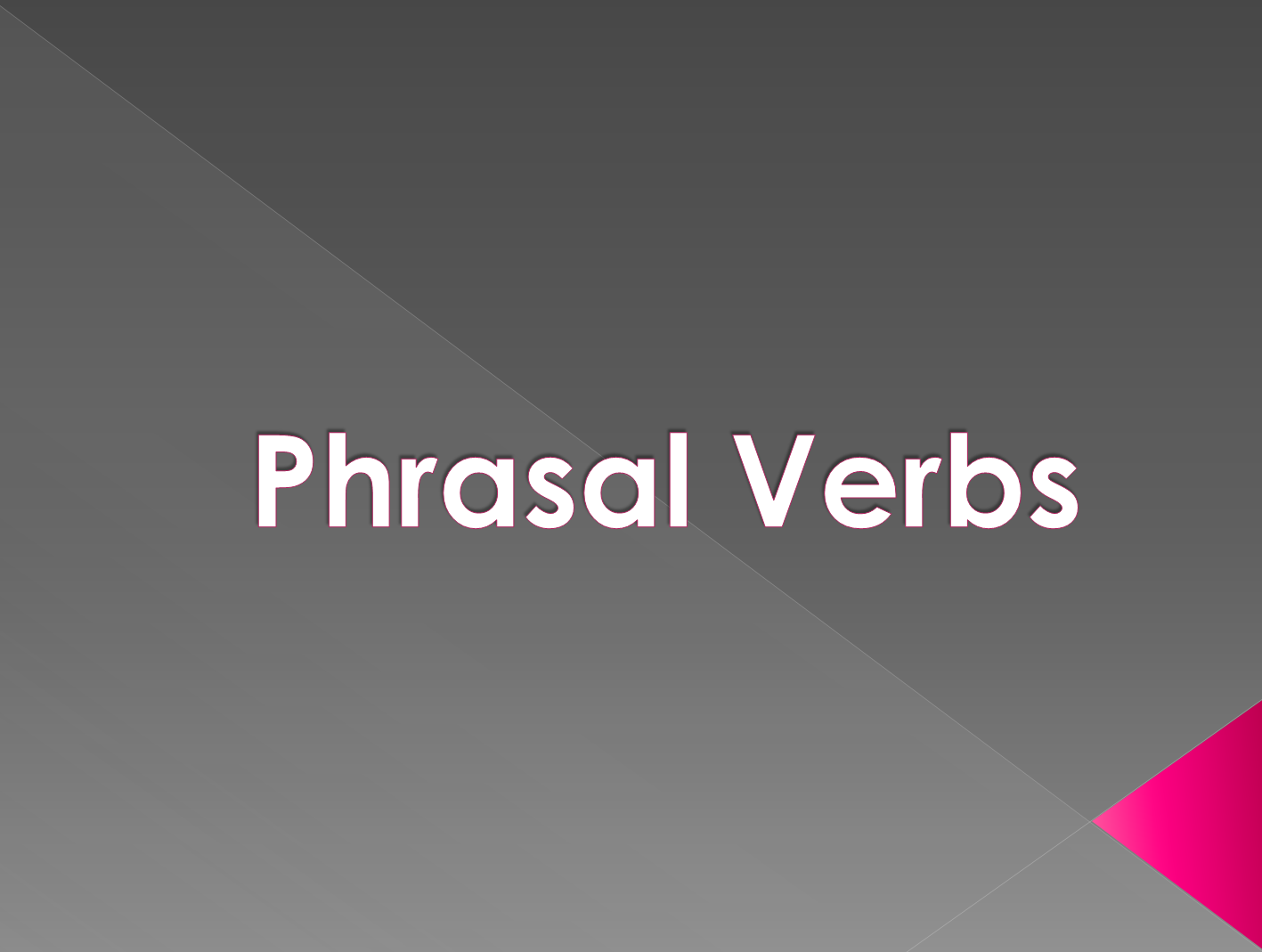
The TOEIC (Test of English for International Communication) is an English language proficiency test designed to assess the English language skills of non-native speakers in a business or professional context. The test is widely used by organizations around the world to evaluate the English language skills of job candidates, employees, and students.
The TOEIC test consists of two parts: the TOEIC Listening and Reading Test and the TOEIC Speaking and Writing Test. The TOEIC Listening and Reading Test is a paper-and-pencil test that consists of multiple-choice questions, while the TOEIC Speaking and Writing Test is a computer-based test that consists of spoken and written responses to prompts.
The test is designed to measure a wide range of English language skills, including listening comprehension, reading comprehension, speaking ability, and writing ability. Overall, the TOEIC is a widely recognized and respected English language proficiency test that is used by organizations around the world to evaluate the English language skills of non-native speakers.
Q&A Topic: Pay and Allowances
Pay and allowances are a crucial aspect of compensation and financial well-being for individuals, especially in the context of employment. Whether in the public or private sector, the concept of pay and allowances plays a significant role in attracting, retaining, and motivating employees. This article will explore the meaning, types, and importance of pay and allowances in various professional settings.
Pay refers to the regular salary or wages an employee receives for their work. It is typically a fixed amount, often paid on a weekly, bi-weekly, or monthly basis. The amount of pay is determined by factors such as job role, experience, and market standards. It is an essential component of an individual’s overall income.
Allowances, on the other hand, are additional payments provided to employees on top of their base pay. Allowances can vary widely and are often specific to the organization or industry. Some common types of allowances include housing allowance, transportation allowance, meal allowance, and special duty allowance. These extra payments aim to cover the additional expenses employees may incur while performing their job.
Here are some questions that can help you to clear the TOEIC exam:
Q1 On the ___________ of her ten years’ service she immediately qualified for the extended annual leave of six weeks.
(a) base
(b) basis
(c) ground
(d) foundation
Answer: (b) basis
Q2 Although he knew it was a sensitive subject, his boss had to ask him the ___________ question about his drink problem.
(a) sincere
(b) fragile
(c) breakable
(d) delicate
Answer: (d) delicate
Q3 At the interview each applicant was able to ___________ the level of remuneration they would be expecting to receive.
(a) negotiate
(b) demonstrate
(c) apply
(d) dispute
Answer: (a) negotiate
Q4 Under the new ___________ arrangements coming into force soon all employees can decide what time to start and when to finish.
(a) malleable
(b) shaped
(c) flexible
(d) bending
Answer: (c) flexible
Q5 According to the contract you are not ___________ for the new allowance until you have been with the company one year.
(a) allowed
(b) illegible
(c) selectable
(d) eligible
Answer: (d) eligible
Q6 The only way you can hope to ___________ the level of your pay is to take on greater responsibility.
(a) rise
(b) raise
(c) arise
(d) raze
Answer: (b) raise
Q7 She is trying to get some form of ___________ to make up for the poor working conditions she had to put up with for all those years.
(a) cooperation
(b) confirmation
(c) compensation
(d) consideration
Answer: (c) compensation
Q8 Of course there is a little extra added to your salary because you will ___________ from the inner city allowance.
(a) increase
(b) benefit
(c) grow
(d) develop
Answer: (b) benefit
Q9 The hourly ___________ for all part time clerical assistants has gone up by 40% since 2000.
(a) wage
(b) validity
(c) recompense
(d) value
Answer: (a) wage
Q10 Remember when you stop work and ___________, you will be able to receive the company pension.
(a) return
(b) retreat
(c) respite
(d) retire
Answer: (d) retire
You may also like:- Idioms and Other Expressions Used For Talking About ‘Work’
- What Are Weasel Words?
- Money and Finance – Test Your Knowledge
- Phrasal Verbs, Idioms and Other Expressions Using ‘CUT’
- How to Say Time in English
- Idioms and Other Expressions Used For Talking About Money
- Shopping and Consumerism – Match the Correct Name
- Phrasal Verbs – Choose the Correct Verb
- Currency Markets – Choose The Best Words
- Personal Qualities – Use the Best Nouns and Adjectives








